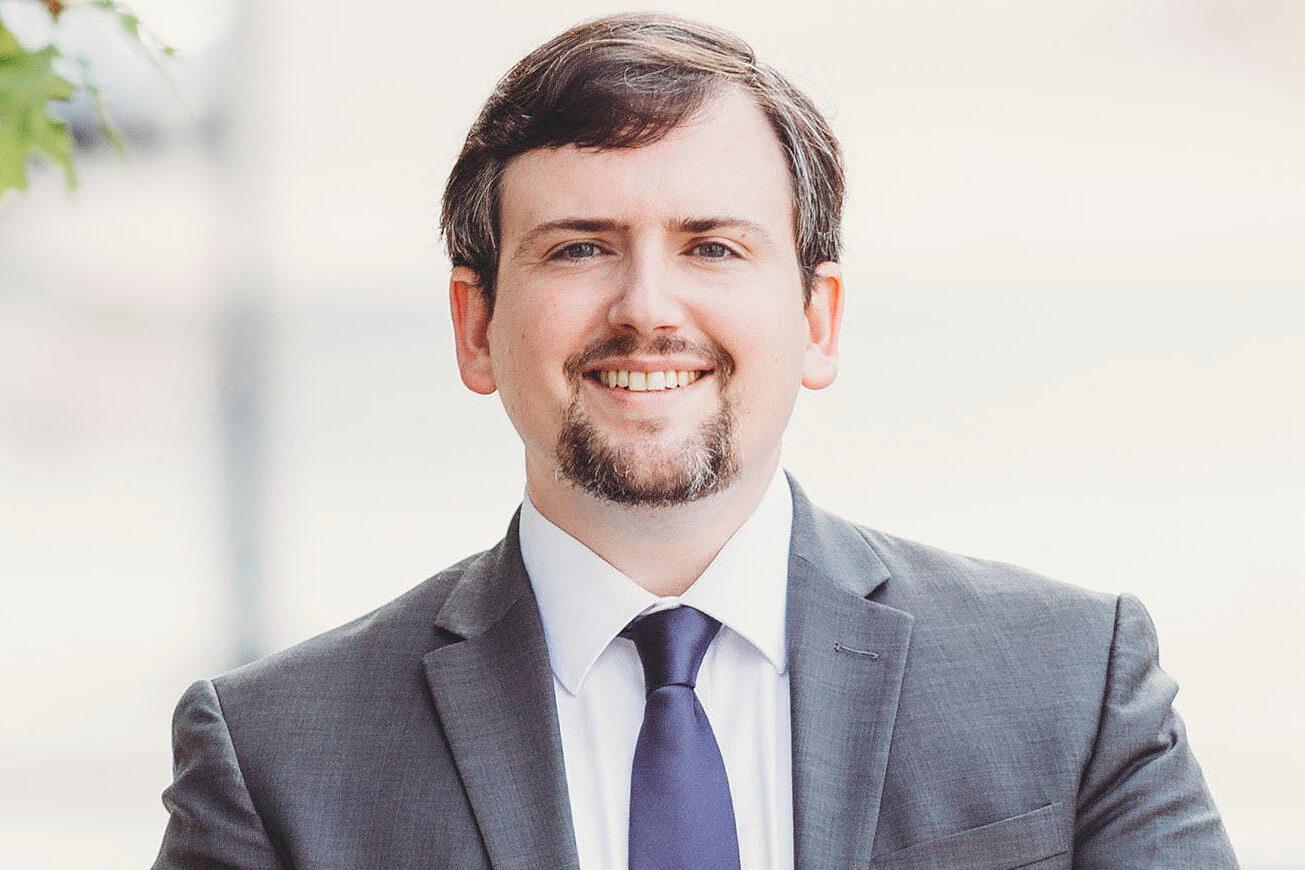Today, in Dobbs v. Jackson Women’s Health Organization, the United States Supreme Court did that for which pro-life advocates had been praying and fighting for nearly fifty years: it overruled Roe v. Wade.
In 1973, while abortion was still illegal in the vast majority of states, the Supreme Court held in Roe that the Constitution protects the right to an abortion in the first trimester, probably in the second trimester, but not in the third trimester unless it’s necessary to protect the life or health of the mother. There’s just one problem: that proposition cannot be found in the text of the Constitution, deduced from the text of the Constitution, or even found in the longstanding history of our people. The result, according to the Guttmacher Institute, has been the loss of over 60 million lives.
In 1992, we thought we had the votes to overrule Roe in Planned Parenthood v. Casey. But the Court surprised us by voting 5-4 to keep Roe’s core holding. The issue, according to Casey, was not really whether Roe was correctly decided but whether the doctrine of stare decisis required keeping it. Stare decisis is the doctrine that once a precedent is decided, it generally should be left alone. But that rule has never been limitless. If it were, then the Court would have kept Plessy v. Ferguson instead of overruling it in Brown v. Board of Education. Yet it has taken a lot of work to get the Supreme Court to recognize that basic proposition.
But today, five justices finally agreed on two things: Roe was wrongly decided, and stare decisis does not require keeping it. Thus, Roe has finally been thrown in the ash-heap of history where it belongs. (Chief Justice John Roberts wrote a concurring opinion that he would not have overturned Roe but instead would have only upheld Mississippi's law banning abortions after 15 weeks.)
While unfortunately today’s decision does not mean that abortion is outlawed across the country, it does mean that each state has the freedom to outlaw it if it so chooses. Fortunately, Alabama passed a law in 2019 banning abortions except in very limited circumstances. Federal District Judge Myron Thompson enjoined the enforcement of that law, but I expect that Alabama Attorney General Steve Marshall will soon be filing a motion to lift that injunction. After today’s decision, I do not believe that Judge Thompson will be able to decline that request.
I am among a minority of conservative lawyers (which includes the current Alabama Chief Justice Tom Parker and former Chief Justice Roy Moore) who believe that the Constitution requires not just the reversal of Roe but the opposite of Roe. The Fourteenth Amendment’s Equal Protection Clause provides that no state shall “deny to any person within its jurisdiction the equal protection of the laws.” If unborn children are people (which they are), then the states have two options: (1) protect all people from murder (which includes the unborn) or (2) protect nobody from murder. But the Constitution does not give the states the freedom to protect life for one class of citizens but not for another. In 2018, the Alabama Supreme Court briefly alluded to the idea that this might be true in Ex parte Phillips. It will be interesting to see if the court adopts that position if it gets the opportunity. I hope it does.
Still, on the national level, we are a good ways away from getting the U.S. Supreme Court to recognize that proposition. Particularly disappointing was Justice Kavanaugh’s concurrence. Justice Kavanaugh was the only conservative to address the issue of whether the Constitution might require the protection of life, and he said he did not believe it did. Thus, it does not appear that we have five justices who are willing to entertain that proposition.
In the meantime, though, giving the states the freedom to protect life from conception is infinitely better than what we had before.
For those familiar with William Wilberforce and the story of abolishing slavery in the British Empire, today’s decision is the equivalent of abolishing the slave trade, not slavery itself. Abolishing the slave trade was the biggest hurdle for the abolitionists to clear. But once they did, they eventually abolished slavery itself. Likewise, although today’s decision did not outlaw abortion nationwide, it abolished the obstacle that stopped us from protecting life from womb to tomb.
It is now up to the people to protect life. But as for the Court, Roe was its worst moment. Dobbs, in contrast, was its finest.
Matt Clark is the President of the Alabama Center for Law and Liberty, a conservative nonprofit law firm that fights for limited government, free markets, and strong families in the courts. His column appears every Friday in 1819 News. The opinions expressed in this column are those of the author. The views and opinions expressed here are those of the author and do not necessarily reflect the policy or position of 1819 News. To comment, please send an email with your name and contact information to Commentary@1819News.com.
See also this.
Don’t miss out! Subscribe to our newsletter and get our top stories every weekday morning.










